Research Engagement and ImpactImpact Seed Funding – supporting our Flinders ECRs

In each issue of Inspiring Research we will be profiling recipients of the inaugural Flinders University Impact Seed Funding Grants – awarded July 2018.
Today we’re meeting Dr Catherine Attard, College of Science and Engineering, and highlighting aspects of her research project "Conservation genomics of the world’s largest animal, the blue whale" that has been awarded a 2018 Impact Seed Grant.
Catherine’s project will use cutting-edge genomic techniques to address ecological and conservation-orientated questions about the world’s largest animal, the blue whale. It aims to accurately determine the number, distribution, degree of connectivity and adaptive evolution of subspecies and populations in the species worldwide. The project will have a global impact by informing the national and international management of the species. Such scientific-based conservation is crucial to promote the recovery of blue whales from 20th century whaling.
More broadly, Catherine conducts genomic research to answer fundamental questions in ecology and evolution, and applies those answers to management and conservation. She is a key member of the Molecular Ecology Lab and the Cetacean Ecology, Behaviour and Evolution Lab at Flinders, where she works with research leaders Professor Luciano Beheregaray and Associate Professor Luciana Möller. Luciana and Catherine together developed a long-standing research program on endangered blue whales, with the Impact Seed Grant allowing Catherine to broaden its geographic scope and move it from genetic to more powerful genome-wide techniques. Among numerous other achievements, Catherine with the research team have developed and implemented advances to captive breeding and reintroduction programs; improved Australian fisheries management of the heavily-stocked and economically-important golden perch; and used DNA to uncover dangerous human impacts on multiple species.
Impact:
Catherine’s Impact Seed Grant research is expected to inform the management of blue whales by the International Whaling Commission, the Australian Government, and overseas nations. The latter includes management in the eastern Pacific and NZ through collaborations with the National Oceanic and Atmospheric Administration in the US Government, Oregon State University in the US (who conduct blue whale research in NZ), and the Centro de Conservacion Cetacea in Chile. Her research benefits the environment and, consequently, humanity due to the recreational, health, and economic value of the environment.
The project is anticipated to have widespread public and media impact. Testament to this is Catherine was recently granted a SA Tall Poppy Award for her extensive science outreach, and is a finalist for SA Tall Poppy of the Year with the winner to be announced at the SA Science Excellence Awards, Friday 10 August. Her outreach includes TV stories on 60 Minutes, ABC News 24 and children’s science show Scope, as well as numerous radio interviews. She has articles in The Conversation, popular science magazines Australasian Science, Wildlife Australia and Australian Geographic, and print newspapers The Australian, The Advertiser, and The Times. Altogether, her research has conceivably reached over one million people, and the Impact Seed funding will help continue this impressive research impact.
Flinders University Impact Seed Funding Grants provide an opportunity for Early Career Researchers (ECRs) to develop their careers and enable key research projects or promotion of research outcomes. Flinders ECRs are in the right environment to breed success. Flinders University has partnered with our community of donors to provide the opportunity for ECRs to receive financial support to develop and fortify their skill sets. Our supporters want to make a difference by building our researchers’ capacity and capabilities to make a positive impact.



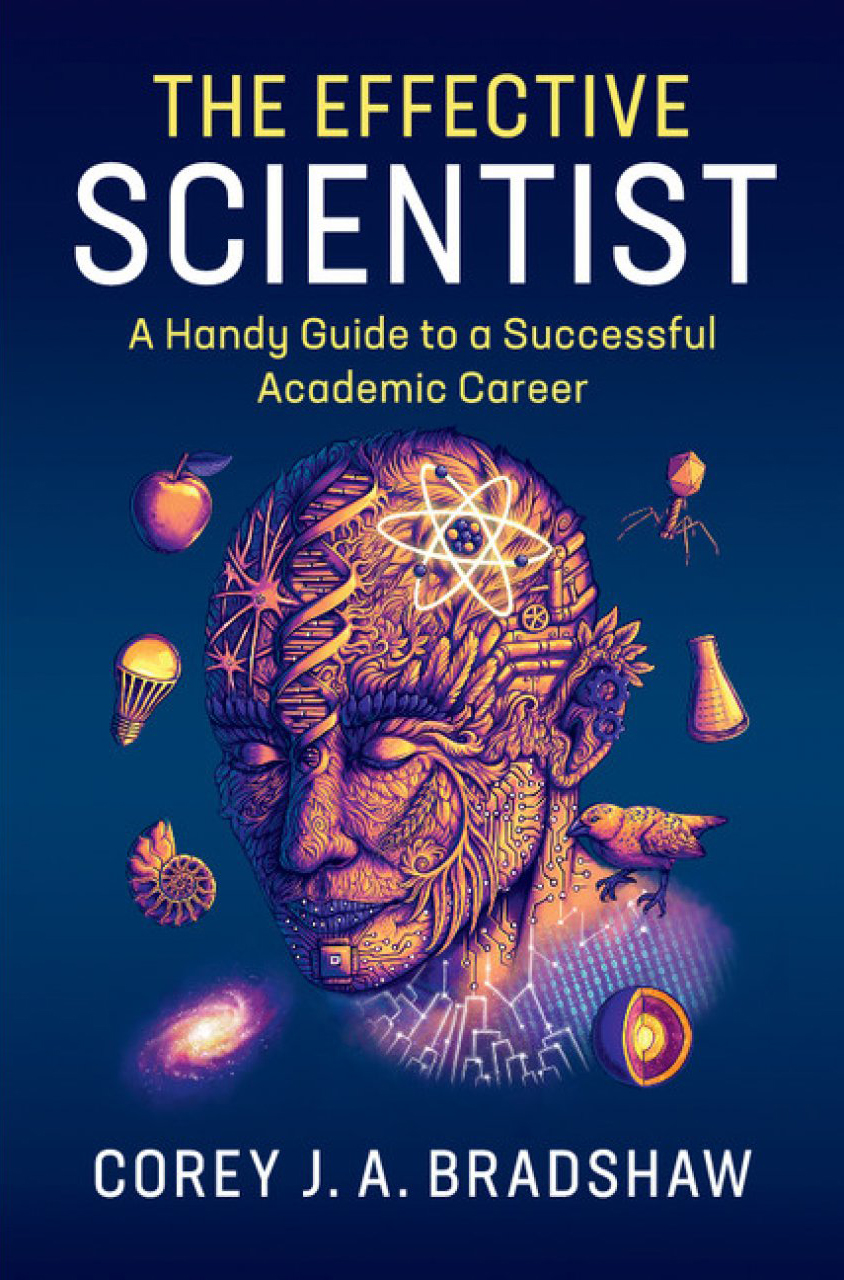
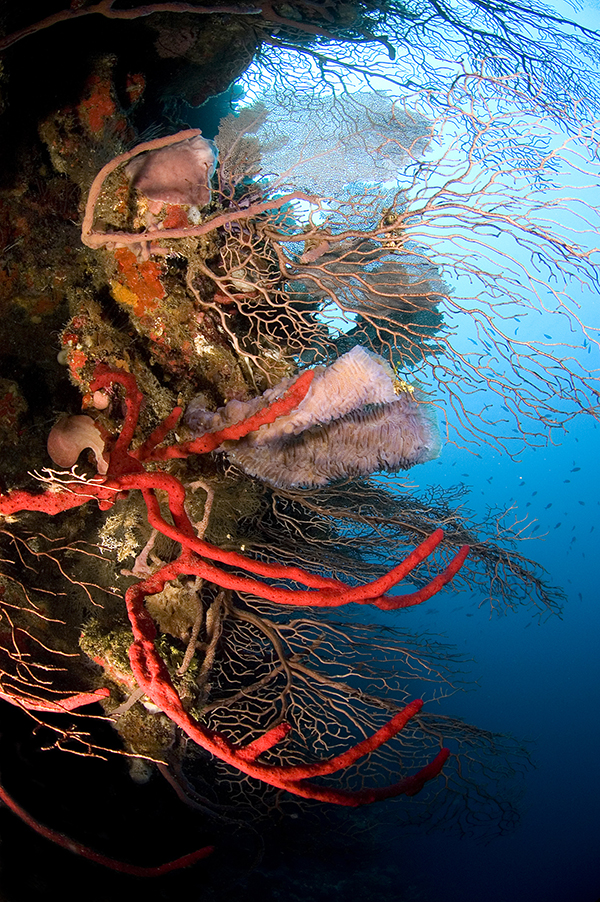

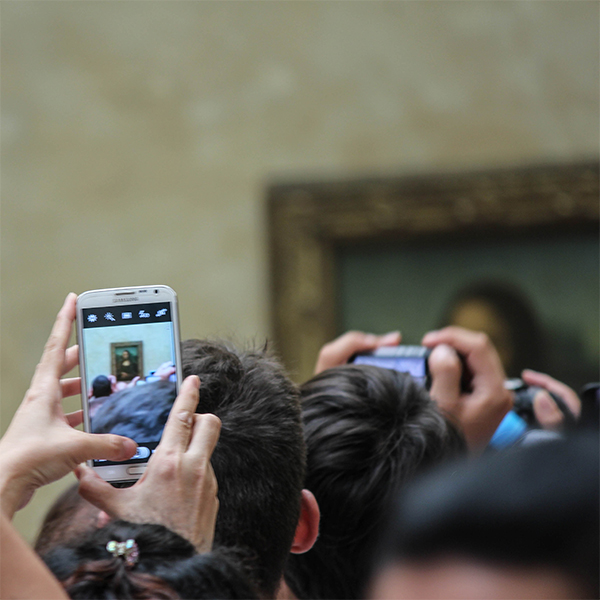


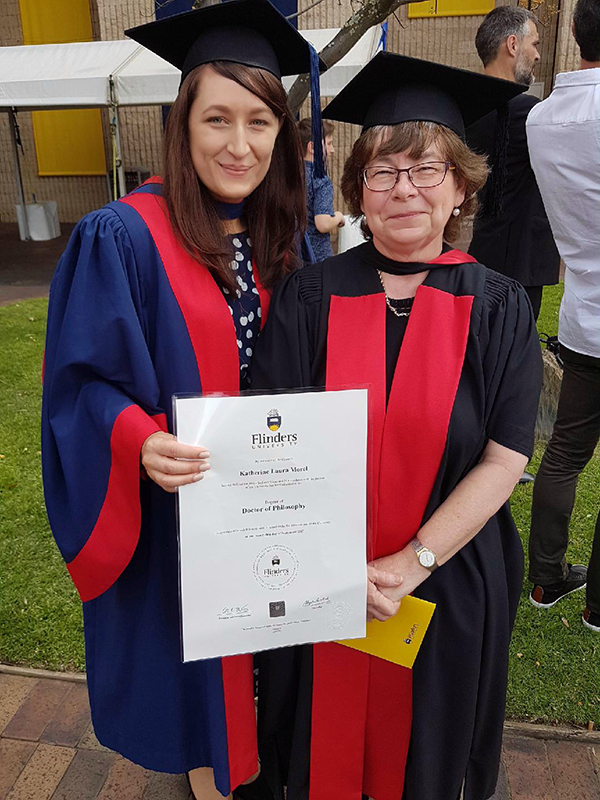

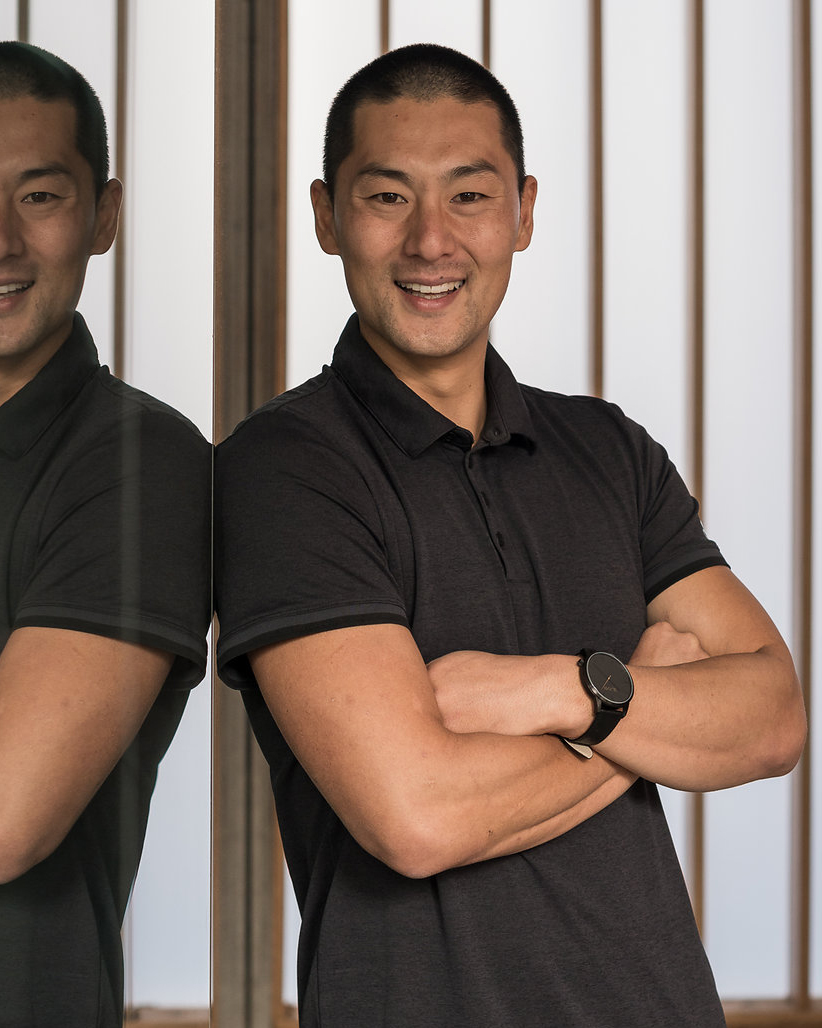

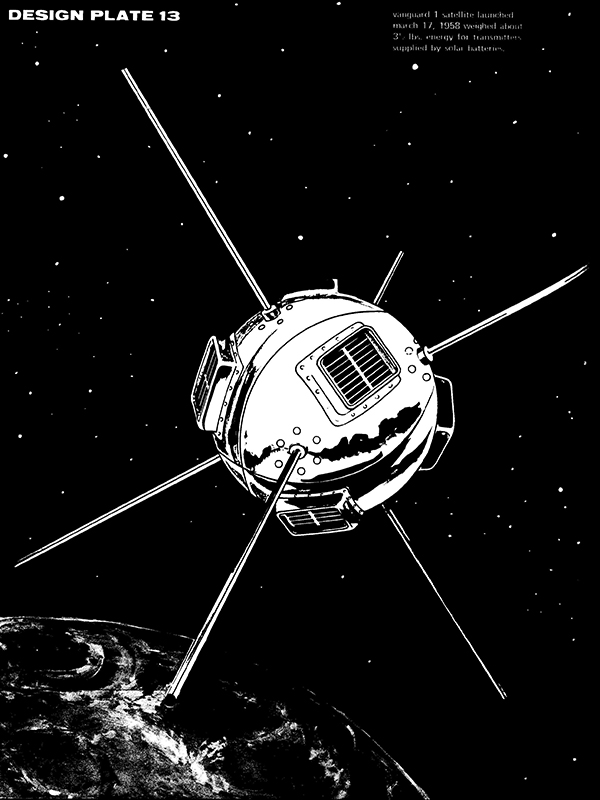

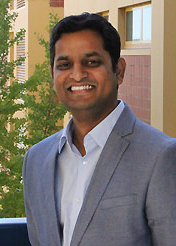
.jpg)
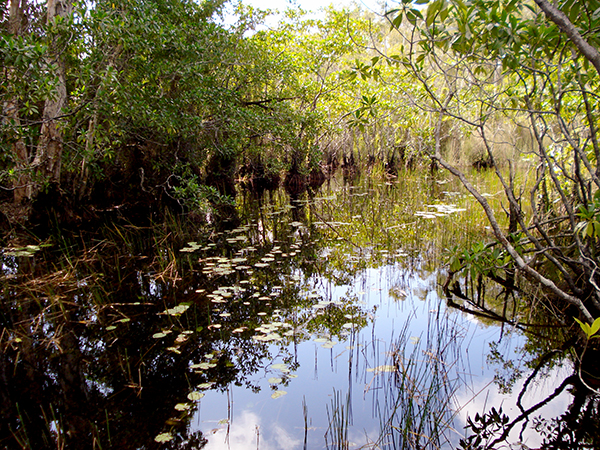
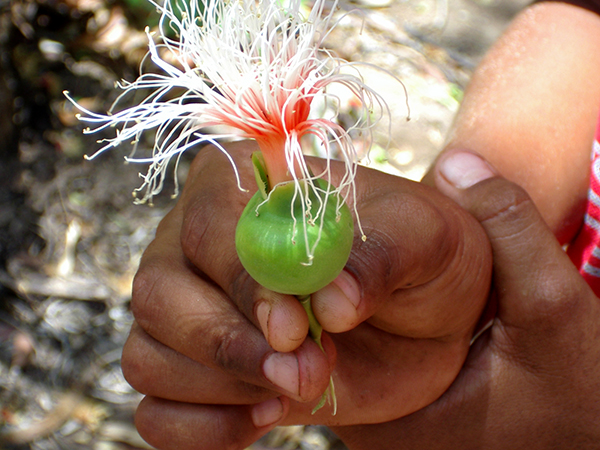 The flower from the Lady Apple Tree, Weipa, Cape York Peninsula: the Lady Apple is a popular bush food and indicator plant. The blooming of its flowers tell people that box and other jelly fish are now moving into creeks.
The flower from the Lady Apple Tree, Weipa, Cape York Peninsula: the Lady Apple is a popular bush food and indicator plant. The blooming of its flowers tell people that box and other jelly fish are now moving into creeks.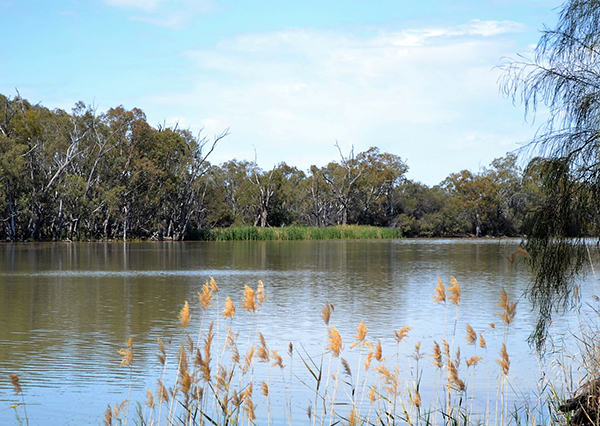

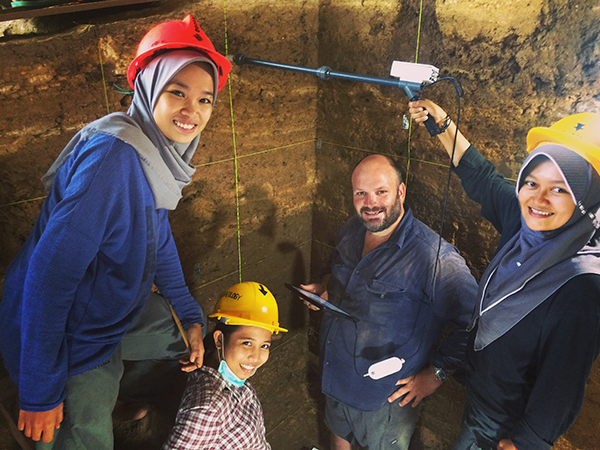

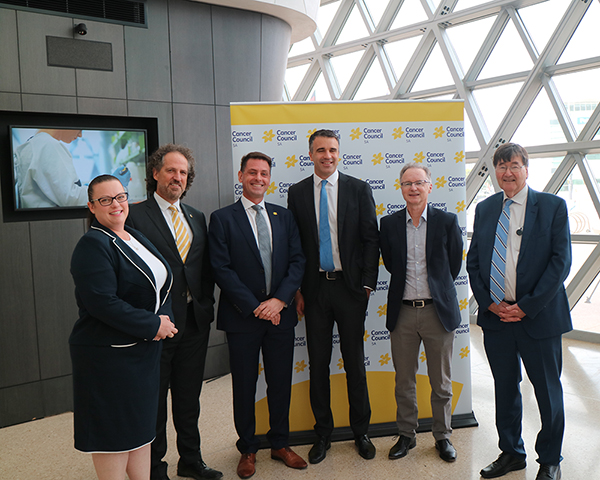
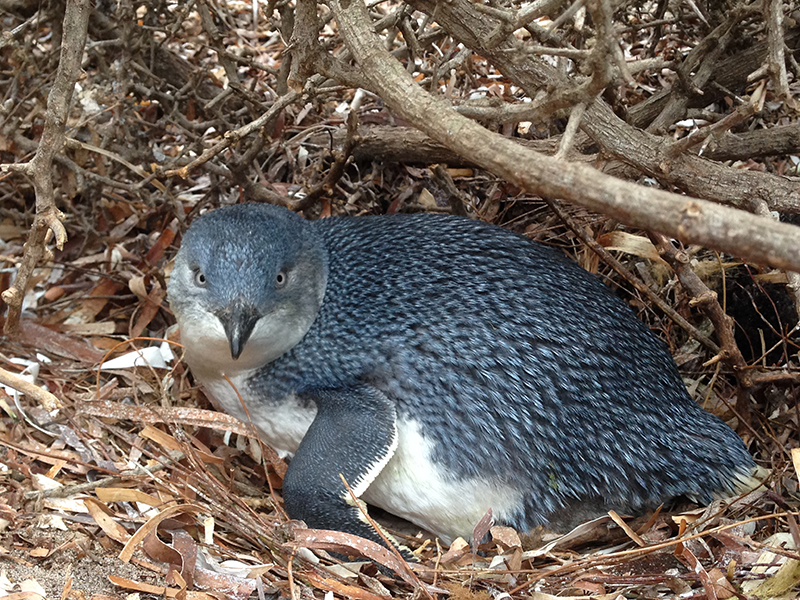 Adult little penguin nesting on Troubridge Island
Adult little penguin nesting on Troubridge Island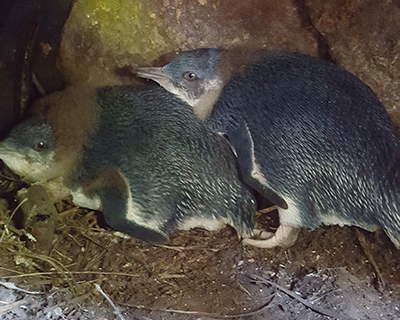 Chick little penguins on Granite Island
Chick little penguins on Granite Island